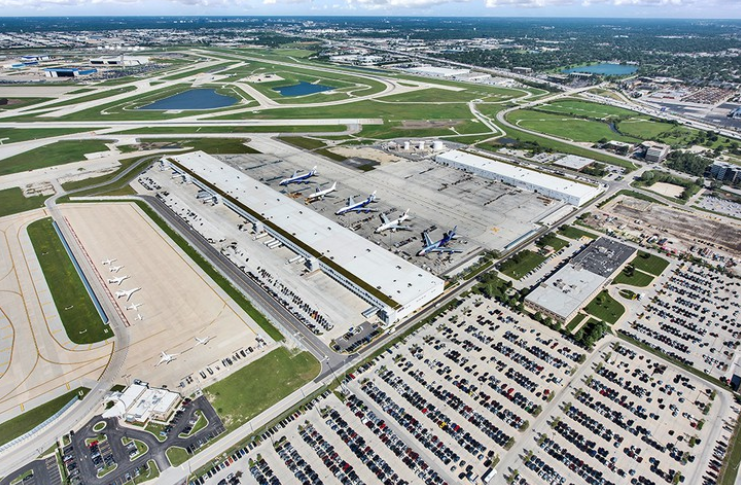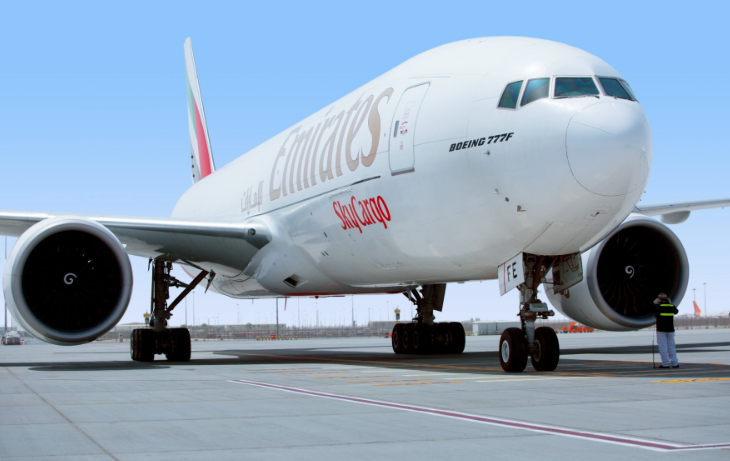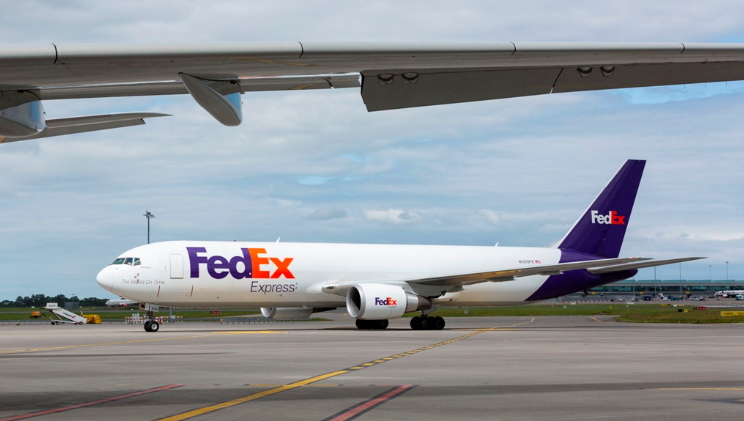10 / 02 / 2020
By Damian Brett
Freight forwarders are bracing themselves for air cargo space shortages as a result of demand spikes and capacity cuts on services out of China and Hong Kong.
The widely reported capacity cuts on China and Hong Kong services comes in response to a collapse in passenger demand due to the coronavirus.
Meanwhile, a surge in volumes is expected once factories start production again after an extended New Year holiday break.
Joe Cipolla, senior director – airfreight, Crane Worldwide Logistics, told Air Cargo News that the virus outbreak is already resulting in a lack of space heading into China and Hong Kong, with shortages in the outbound direction expected to follow.
“[Inbound] demand has increased due to a lack of space and an increased need of protective medical equipment like surgical masks, hand sanitizers and items of that nature. For those carriers still flying freighters, the demand is very high, booking could be four to seven days out,” Cipolla said.
He added that he is expecting a surge in outbound demand and space shortages from China once factories restart production. This will last until passenger flights resume.
Rates out of China will reach peak-season levels on both imports and exports as a result, Cipolla predicts.
“The longer [passenger carriers] continue to stay inactive the worse the situation will get,” he said.
Meanwhile, DSV has also warned of tight capacity once factories re-open.
“Along with the currently canceled flights to and from China, some carriers are starting to cancel flights to and from Hong Kong, which will likely lead to capacity constraints and higher rates in the coming weeks,” it said in a customer update.
“We are seeing minimal cargo being shipped out of China due to factories remaining closed.
“Capacity will be tight after China resumes work [this] week. DSV China and Hong Kong will work closely with all core carriers and vendors to ensure proper capacity planning in line with expected shipping requirements, though scarce capacities and higher rates are expected starting in week 7.
“Airports continue to operate fairly normal; terminals, warehouses and customs are open for business.
“However, the overall air traffic has been significantly reduced and almost all airlines have adjusted their passenger flight schedules in and out of China. In line with reduced activity levels across China, these capacity reductions have been manageable so far.
“Based on the prevailing government announcements, we do expect a significant increase in shipping activities after 10 February or whenever cargo availability from shippers will return.”




